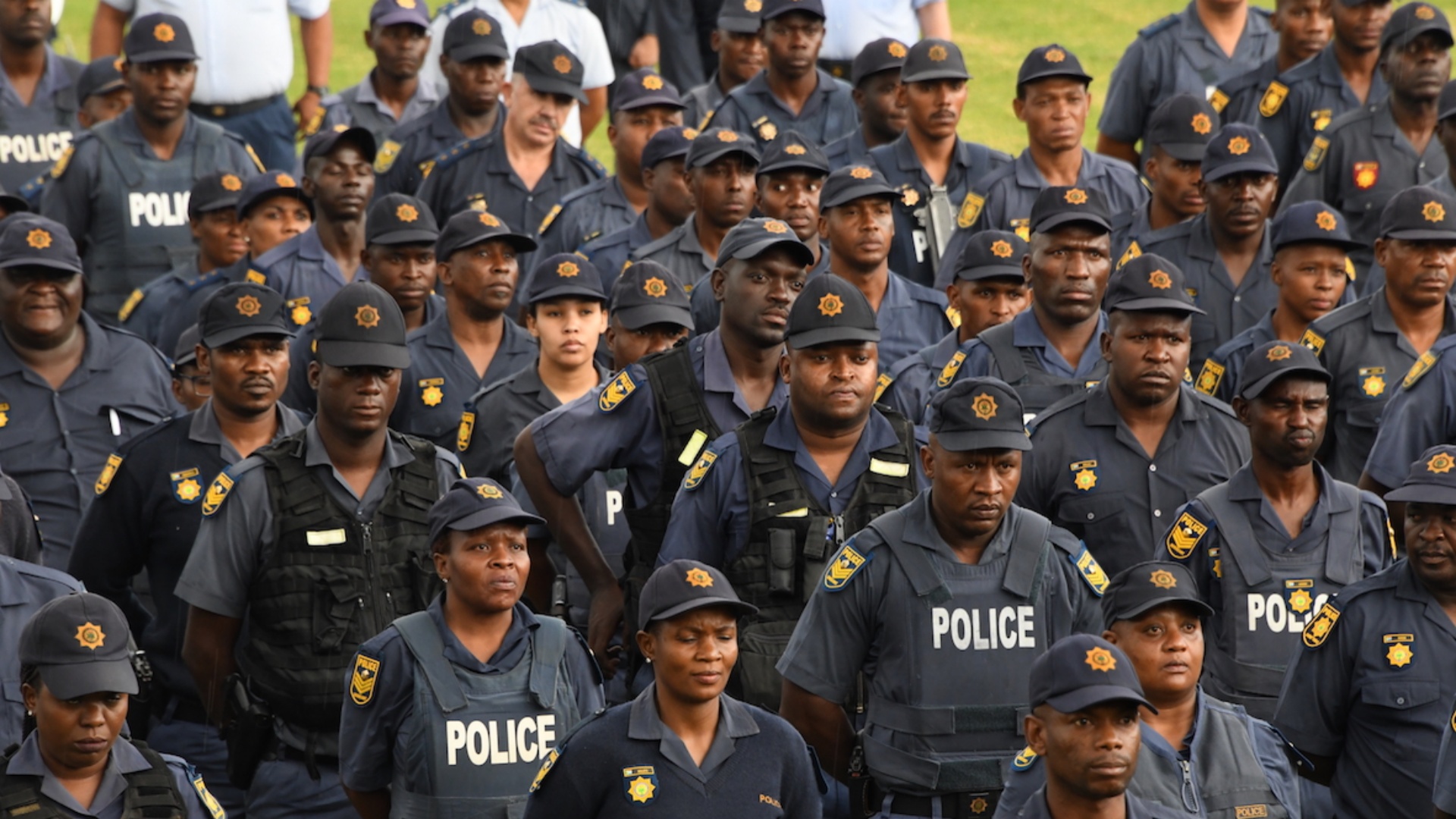- Local non-profit organisation Right2Know has shared a report detailing its thoughts on recent gazetted regulations that allow SAPS to procure equipment to spy on citizens.
- As it points out the gazetted exemption has come “too late” and the likelihood of SAPS spying on citizens sans RICA is high.
- Right2Know has unpacked its thoughts, but has not detailed what it plans to do moving forward.
In May of this year we reported on the Minister of Justice and Correctional Services, Ronald Lamola, granting an exemption to the South African Police Service (SAPS) when it comes to purchasing or procuring equipment that can be used for spying on citizens – such as catchers or keyloggers.
At the time it raised cause for concern, especially as how this equipment would be applied remains unclear, opening up the potential for mass or targeted surveillance of South African citizens.
Now local non-profit organisation Right2Know has raised similar concerns, pointing to the fact that SAPS’ ability to now sidestep mobile-related legislation like RICA potentially means that spying on citizens has been happening long before the aforementioned exemptions came into play in May.
SA Government (SAPS) spies on citizens!!!!!
— Right2Know (@r2kcampaign) August 4, 2023
READ STATEMENT BELOW: https://t.co/F3a9mNeTeF pic.twitter.com/qQvjr8AUi9
“While it is important to note that RICA does make provision for the police to intercept communications without the targets of such being aware of this, it requires an exemption from Cabinet (which was only recently granted). The use of this kind of equipment is inherently invasive. The exemption should be cause for concern in terms of how the use of this equipment will impact the privacy rights afforded by the Constitution,” Right2Know highlighted in a release.
“However, beyond the serious implications for privacy there is a further consideration at play which has to do with how the current legislation has enabled or failed to facilitate police work. It also begs the question why more is not being done to ensure that the law which is meant to protect privacy while also allowing SAPS to tackle crime (or implementation thereof) has not been the subject of intervention,” the organisation posits.
Right2Know also questions what the change in policy and associated exemption means for the actual investigative work that SAPS does, adding that it leaves the door wide open for abuse or exploitation in the name of better policing crime.
“It is clear that if the police need to be exempted from the legislation in terms of using equipment which can undermine privacy, something has gone wrong with what the act was enacted to enable them to trace communications involved in crime or other work like intelligence gathering. It is concerning that this failure of either the legislation or its implementation has not been the focus of work by government, and that the alternative has been to simply grant the exemption,” it outlined.
“And while the exemption allows for more of these machines to be acquired, if SAPS have indeed been using them prior to exemption then it is clear they are not the adequate solution to the challenge posed by mobile communications in crime,” Right2Know pointed out.
At the time of writing, Right2Know has made no mention of any action being taken against government regarding the exemption. Ultimately, the privacy of citizens being safeguarded all depends on how well the National Commissioner of the South African Police Service and the National Head of the Directorate for Priority Crime oversee the implementation of policing with soy hardware.
Either way, citizens remain in the dark as to who or what may be able to spy on them, whether it be a government entity or not.
You can download (Google Drive) and read Right2Know’s full release here.
[Image – CC BY-ND 2.0 GovernmentZA on Flickr]

